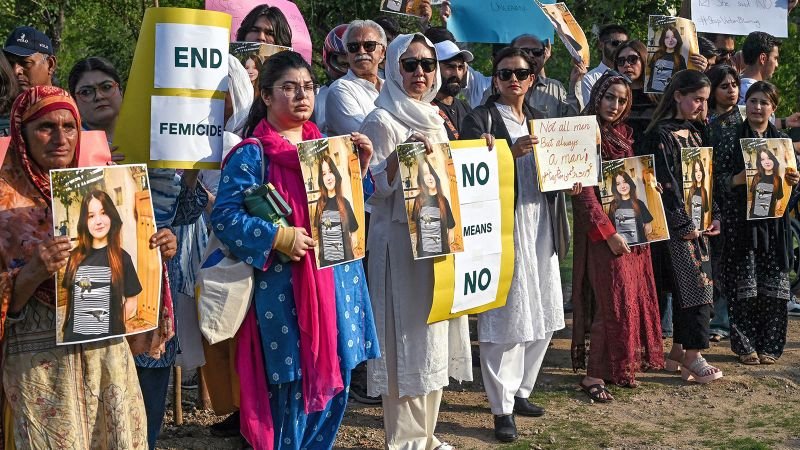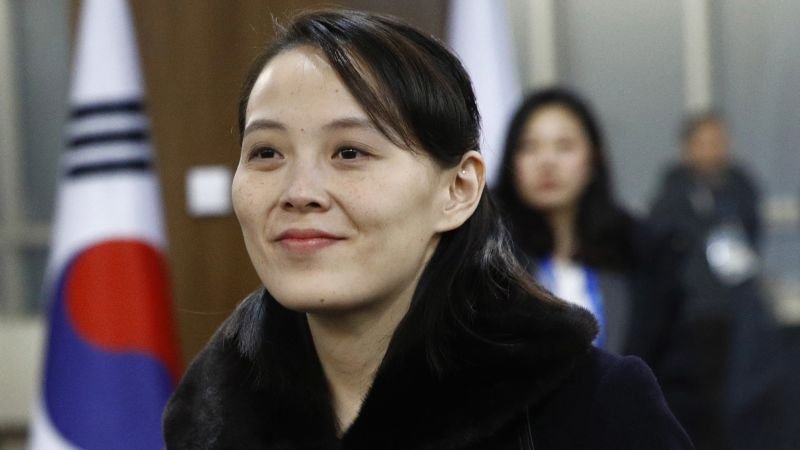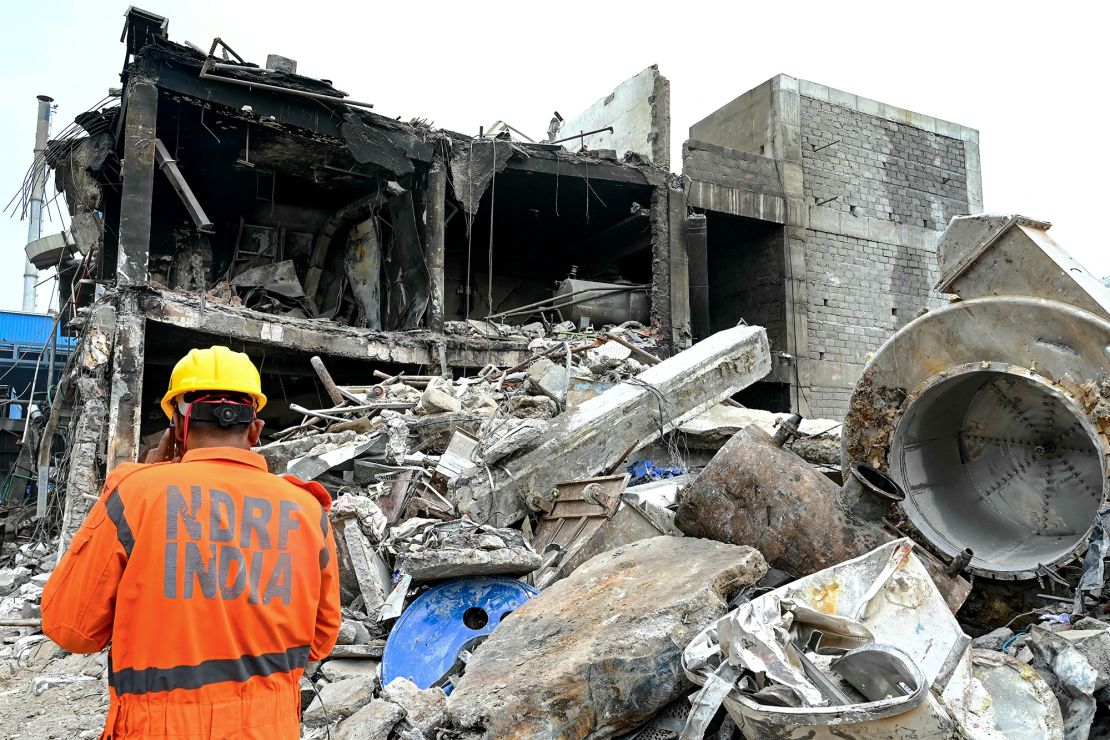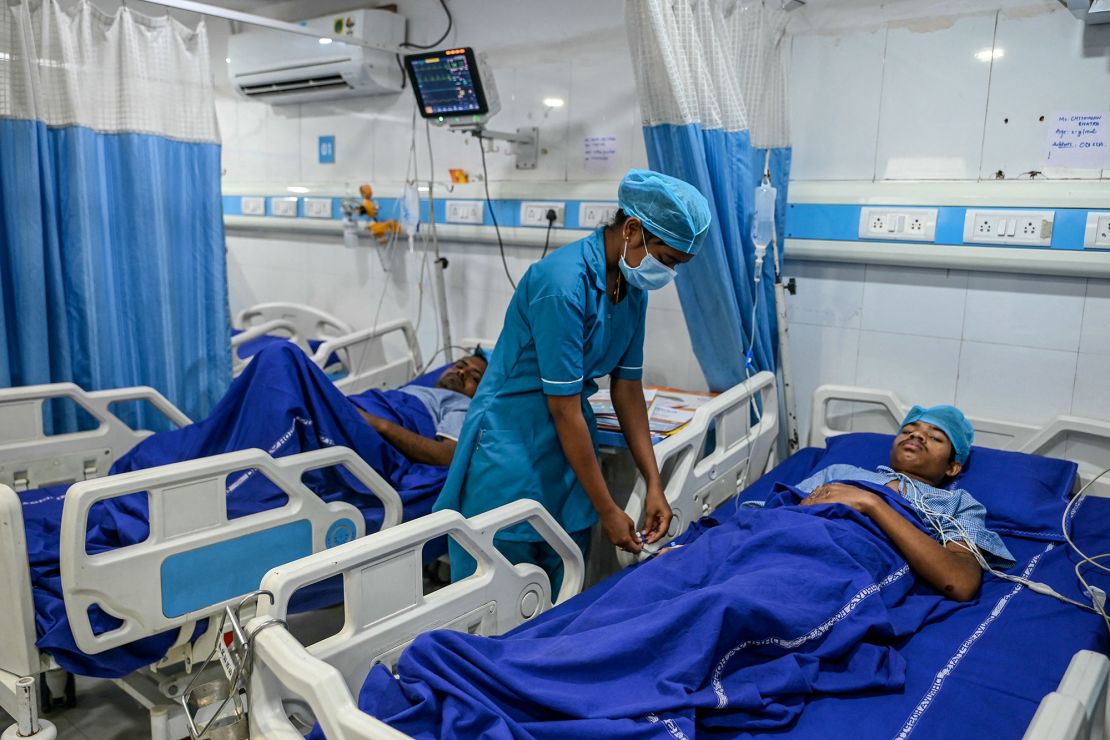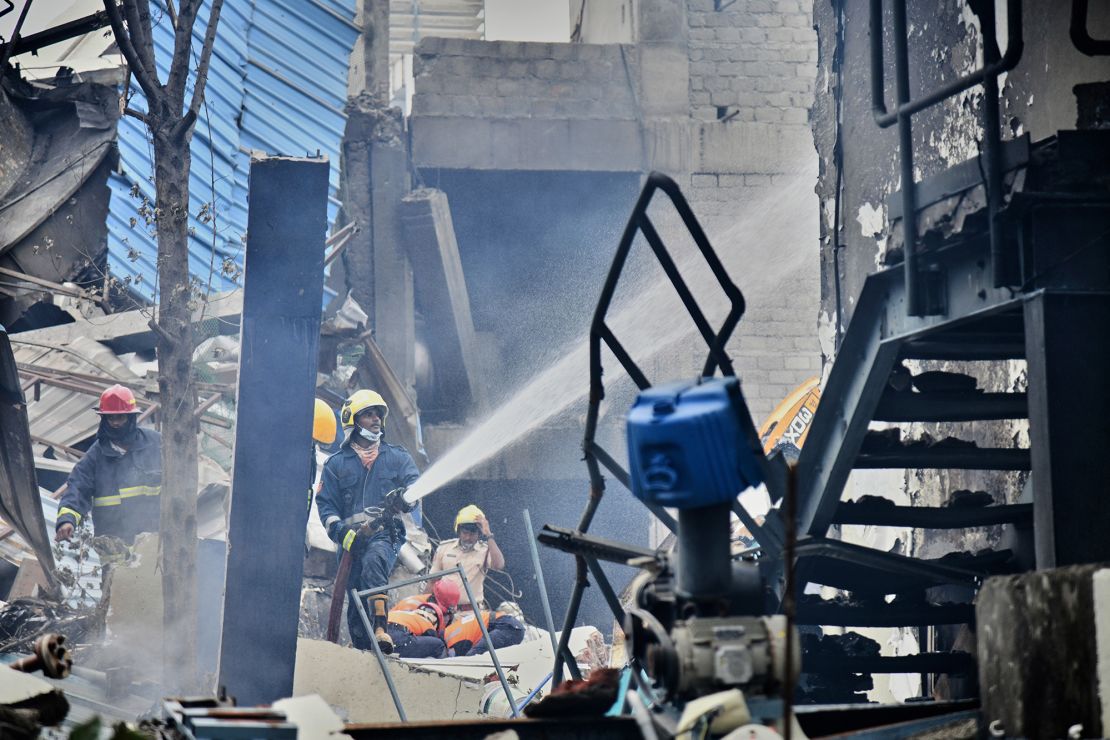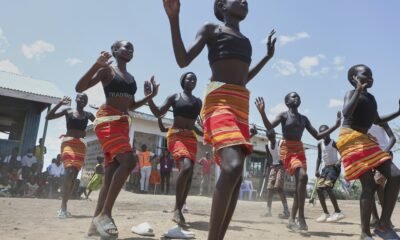Islamabad, Pakistan
CNN
—
When Sana Yousaf turned 17, she posted a video of her birthday celebrations to more than a million followers on TikTok.
They saw her cutting a pink and cream cake beneath a matching balloon arch, the June breeze ruffling her long hair as she beamed against the backdrop of the cloud-covered Margalla Hills in Pakistan’s capital, Islamabad.
Less than 24 hours later, Sana was dead, a bullet through her chest and graphic images of her dead body going viral on Pakistani social media, outraging women across the country, who fear there are no safe spaces for them anymore – in reality, or online.
Police have detained 22-year-old Umar Hayat, an unemployed man from the city of Faisalabad, over Sana’s murder. Syed Ali Nasir Rizvi, the Inspector General of Police of Islamabad, alleged Rizvi “repeatedly attempted to contact” the teenager and killed her when she refused to respond. CNN has not been able to locate a legal representative for Hayat.
Sana’s father, Syed Yousaf Hassan, told CNN no words could convey the family’s loss, and his daughter hadn’t told him she was being harassed. “My daughter was braver than a son,” he said. “She didn’t fear anything.”
As Sana’s family prepared for her funeral, disturbing comments started popping up on her TikTok and Instagram posts, most in Urdu, celebrating her killing. “Happy to see these things happening,” read one. Another stated, “My heart is happy today, I’m going to turn on music and dance with joy.”
Under a picture of Sana wearing traditional Pakistani clothes covering her entire body, a comment said, “encouraging young women to seek attention or expose themselves can have serious negative consequences.”
The Digital Rights Foundation (DRF), a women-led nonprofit that promotes online safety, said such rhetoric “dangerously links a woman’s online presence or perceived morality to justifications for violence.”
“This form of digital vigilantism contributes to a broader culture of victim-blaming, where abuse is normalized and accountability is shifted away from the perpetrator,” the DRF said in a report released soon after Sana’s death.
Alongside toxic online comments, rage has simmered among women across Pakistan, who are demanding justice for Sana, pointing to a crisis of masculinity in the South Asian nation.
And Pakistan is far from alone in seeing heated debates over the prevalence of violence against women.
Recent multiple murders in Latin America, including a Mexican influencer who was shot dead while livestreaming, has sparked indignation and highlighted the high rates of femicide across the continent.
British miniseries“Adolescence” became a global hit this year with its raw depiction of the damage caused by online misogyny while a recent largescale Australia study found one in three men saying they have committed intimate partner violence at some point in their lives.
Sana’s TikTok content would be familiar to any teenager online. Her recent shorts included showing off her fashionwear, singing songs while driving, and filming a blowdry at the salon.
But for prominent women’s rights campaigners, Sana’s death was the ultimate outcome of unrestricted online abuse of women in a patriarchal country.
Amber Rahim Shamsi, a prominent journalist and Pakistan editor of a news digital platform, Nukta, says she was relentlessly harassed online in 2020 for a variety of issues, including her views on women’s rights.
“I have also been stalked online, and became fearful when my stalker started to send me mugs and mounted photos to my office. I am just one example among millions of women from all walks of life. Most don’t have the privilege or social safety nets to protect themselves,” Shamsi told CNN.
Shamsi agrees that there is a crisis in masculinity, “especially in how it plays out in our digital spaces.” And that it needs to be talked about “not just for women’s sake, but for men’s, too.”
According to Shamsi, “social media has amplified women’s voices – especially those of young women – who are increasingly educated, politically aware, and unafraid to own their choices. That visibility, that confidence, is unsettling for some men who have grown up believing their authority, their control, is a given.”
“It’s an identity crisis,” says Shamsi. “A subset of men is reacting with anxiety and aggression to this shift in gender dynamic as though the solution is to shrink women’s spaces, rather than question why so many boys are being raised to feel threatened by equality.”
The DRF’s report stated that since 2017 its helpline “has documented over 20,000 cases of technology-facilitated gender-based violence and online threats, numbers that have only grown.”
Kanwal Ahmed, a Pakistani social entrepreneur and storyteller, runs Soul Sister Pakistan, a Facebook group created in 2013 with over 300,000 followers. For years, it’s operated as a popular safe digital space for Pakistani women online, but Ahmed says the criticism of her page has been unrelenting.
“We have been called a man-hating, trauma-bonding club where all women do is gossip,” said Ahmed, who works with volunteers to help women in need who post on the page.
Sana is not alone when it comes to unwanted online attention that’s moved to real life. Ahmed recalled a case in 2019 of a young woman who had been stalked by a man after her friend leaked her number online.
“The only difference between her and Sana is that she wasn’t killed, the stalker turned up at her door,” said Ahmed. “You don’t have to be an influencer to face this, it can happen to anyone.”
Natalia Tariq, the resource mobilization lead at the Association for Progressive Communications (APC), a worldwide network of social activists who use the internet to make the world a better place, tells CNN that there is “a complete culture of impunity” around online gender-based violence in Pakistan. Regulations and policies in place in the country are “absolutely inadequate,” she said.
There’s a perception in Pakistan that “violence that takes place online is not ‘real’ and is therefore less harmful,” Tariq said. But she added that what are sometimes seen as “merely virtual” online threats can often turn to physical violence.

Much praise has been heaped on Pakistani authorities for their sensitive and swift handling of Sana’s murder, but some commentators say that’s missing the point.
Usama Khilji, the director of Bolo Bhi, a digital rights advocacy group Bolo Bhi, says Pakistan should be talking about educating boys about online harassment.
“Men in leadership positions need to be talking about these issues,” according to Khilji.
Khilji said hate speech against women in Pakistan is still “not a priority, and he’s called on the government to “show leadership in combatting online crimes against women.”
Sana’s murder comes less than two weeks after a landmark ruling by the country’s Supreme Court upheld the death penalty for Zahir Jaffer, who murdered Noor Mukkadam, the daughter of a distinguished diplomat, in 2021.
The brutal beheading horrified the country and renewed calls for better protection for victims of gender-based violence.
Noor’s father, Shaukat Mukadam, has been lauded for his relentless campaign for justice for his daughter. After the ruling, Noor’s family issued a statement saying the verdict was a “powerful reminder that women’s lives matter.”
Sana’s father, Hassan, told CNN of his immense love for his daughter, of her plans to become a doctor, and the simple things that gave her joy, like birthday parties.
“Every moment with her was unforgettable,” he said.

